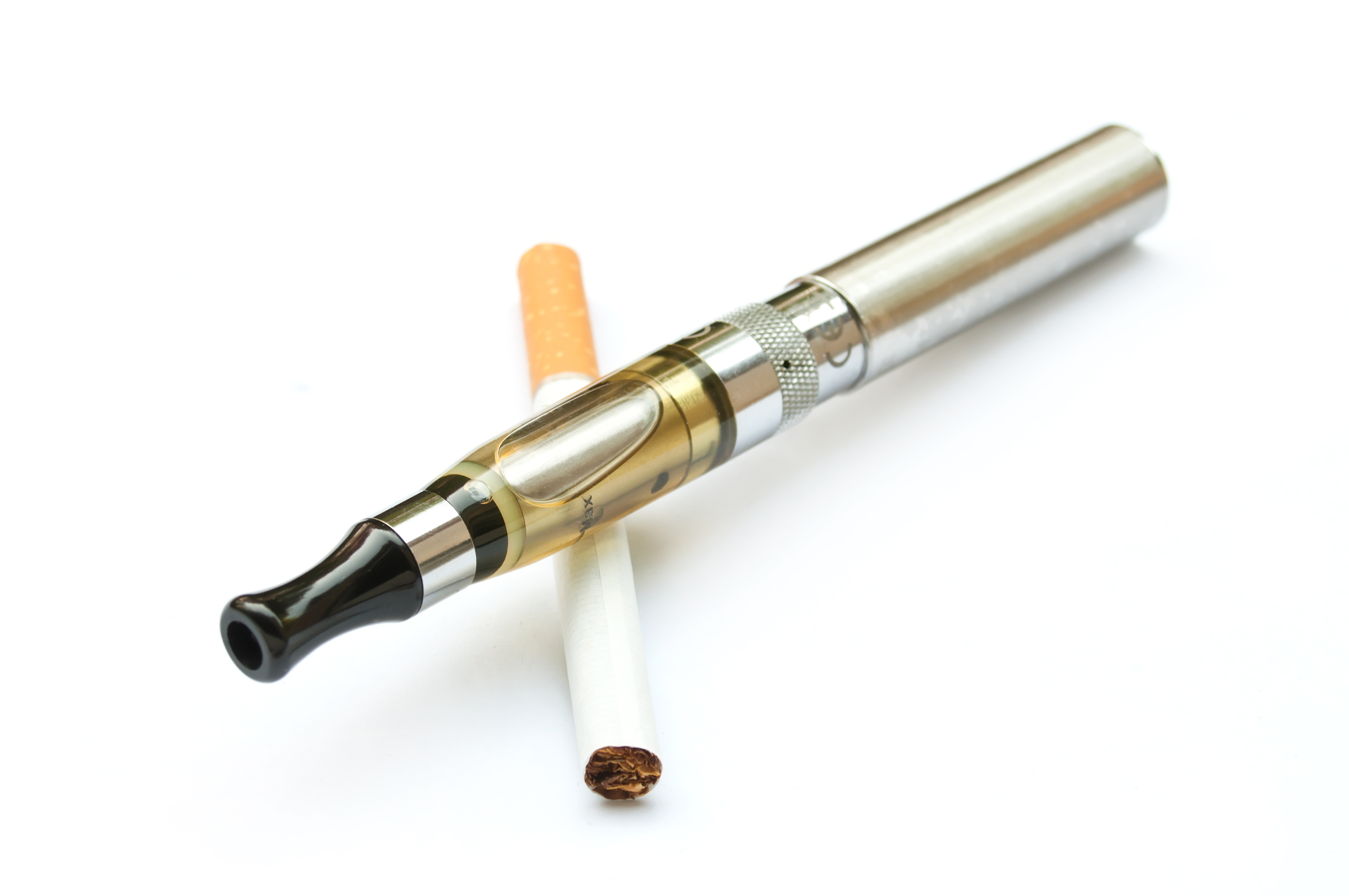
Here’s why parents need to know about e-cigarettes. First, many more teens are using them. In 2017, 3% of middle school students and 12% of high school students reported using them, and while that may not sound like a lot, since 2011 use has gone up about 500% in middle school and 800% among high school students. And, e-cigarettes can be dangerous.
How e-cigarettes work
E-cigarettes are basically delivery devices for nicotine, the addictive chemical in tobacco. The hope of the Food and Drug Administration (FDA) is that they might possibly decrease smoking — which would be great, as smoking is the leading preventable cause of death in the United States. It’s the smoke itself that causes the vast majority of the health risk, so the idea was that perhaps if you gave people a way to inhale nicotine that didn’t involve burning tobacco, you might get them away from tobacco, especially if you were able to gradually decrease the amount of nicotine they inhale.
The problem is that not only did it turn out that these devices don’t really help people quit, they are being marketed to youth, and youth are buying them.
Why e-cigarettes are especially dangerous for young people
This is where the danger comes in. E-cigarettes are dangerous for youth in at least three ways:
This is a big enough concern that the FDA is launching an effort to curb e-cigarette use in youth. They have targeted the major manufacturers (JUUL, Vuse, blu E-Cig, MarkTen, Logic) and are not only examining their marketing practices, but asking them to come up with “robust” plans to curb youth use of their products. They are also looking at other ways to curb use, including education and regulation. Many states have laws regulating the sale of e-cigarettes to youth, and others are considering them.
Here’s what parents need to do
- Get educated. Learn about e-cigarettes and their health risks.
- Talk to your kids about them. Ask about what they know, ask if they have tried them, ask if their friends have tried them. Ask if they see others using them at school. Make sure they understand the dangers.
- Advocate! Talk to your elected officials about better laws to protect our children. Talk to your school and community about education and outreach.
All of us need to take action, before the danger gets any worse.
